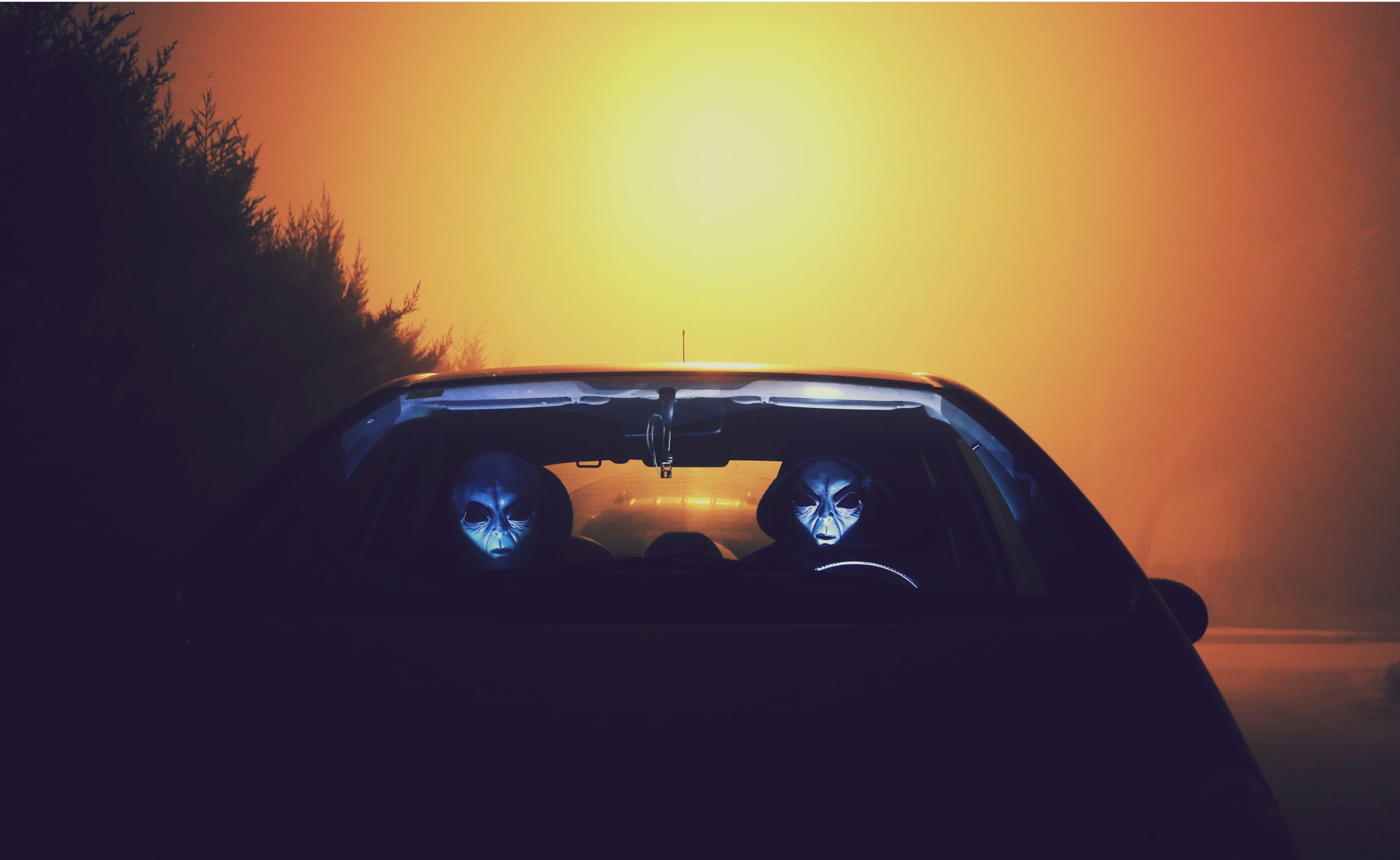Conspiracy theorists have long speculated that human contact with aliens has already occurred. And while there is still no official confirmation of such a thing happening, these UFO enthusiasts may at least have something to look forward to.
A recent analysis of deep space radio waves sent from Earth has researchers from the University of California’s Berkeley and Los Angeles claiming that contact with an alien race may be possible as early as 2029.
What Leads Researchers to Believe That Contact With Aliens Is Imminent?
Aliens could contact Earth by 2029, according to scientists tracking a NASA probe https://t.co/p4ElKuKUfh pic.twitter.com/Lhvk3papic
— Daily Mail Online (@MailOnline) April 27, 2023
Researchers from the above-mentioned campuses recently compiled a list of extraterrestrial destinations that are bound to receive Earth’s signals within the next century. They also believe that the first response message could arrive by 2029.
Messages sent in the 1970s reached two stars in 2002 and 2007 respectively. At this point, astronomers are simply waiting to see if they will receive a response.
What Skeptics Have to Say
Actually, alien civilizations could send us messages yesterday … and not because they have heard from us. https://t.co/C11ieQeKKa
— Jean-Luc Margot (@JeanLucMargot) April 25, 2023
Of course, some experts are less optimistic about the possibility of alien contact. Penn State astronomer Macy Huston said, “If a response were to be sent, our ability to detect it would depend on many facts… how long or often we monitor the star for a response, and how long or often the return signal is transmitted.”
Jean-Luc Margo, a UCLA astronomer, was more blunt: “Our puny and infrequent transmissions are unlikely to yield a detection of humanity by extraterrestrials.”
We also must keep in mind that just because our signals reach these stars doesn’t mean that extraterrestrials reside there. And if they do, we also cannot assume that they are advanced enough to comprehend our message, let alone respond.
The Rarity of Our Existence
New Research Claims To Figure Out Where All The Aliens Are and Why We Haven’t Found Them Yet https://t.co/b6uPKNXbvX
— Amazing Astronomy (@MAstronomers) April 15, 2023
Realistically, it is improbable that either star to have received our messages will have alien life nearby. This is because of the sheer rarity of our existence in the first place.
In order for a planet to host life, a series of conditions need to be met. An Astronomy.com article on the so-called “Rare Earth Hypothesis” outlines the following:
“Simply stated, the Rare Earth hypothesis suggests that the very unique conditions of Earth that allowed complex life to arise and flourish are exceptionally uncommon — and they’re unlikely to widely occur throughout the universe.
“Ward and Brownlee [astronomers and purveyors of the Rare Earth Hypothesis] postulated that many fortuitous features of Earth, our Sun, and the solar system led to our highly favorable and surprisingly stable ecosystem.”














One Response
Havent we done so already